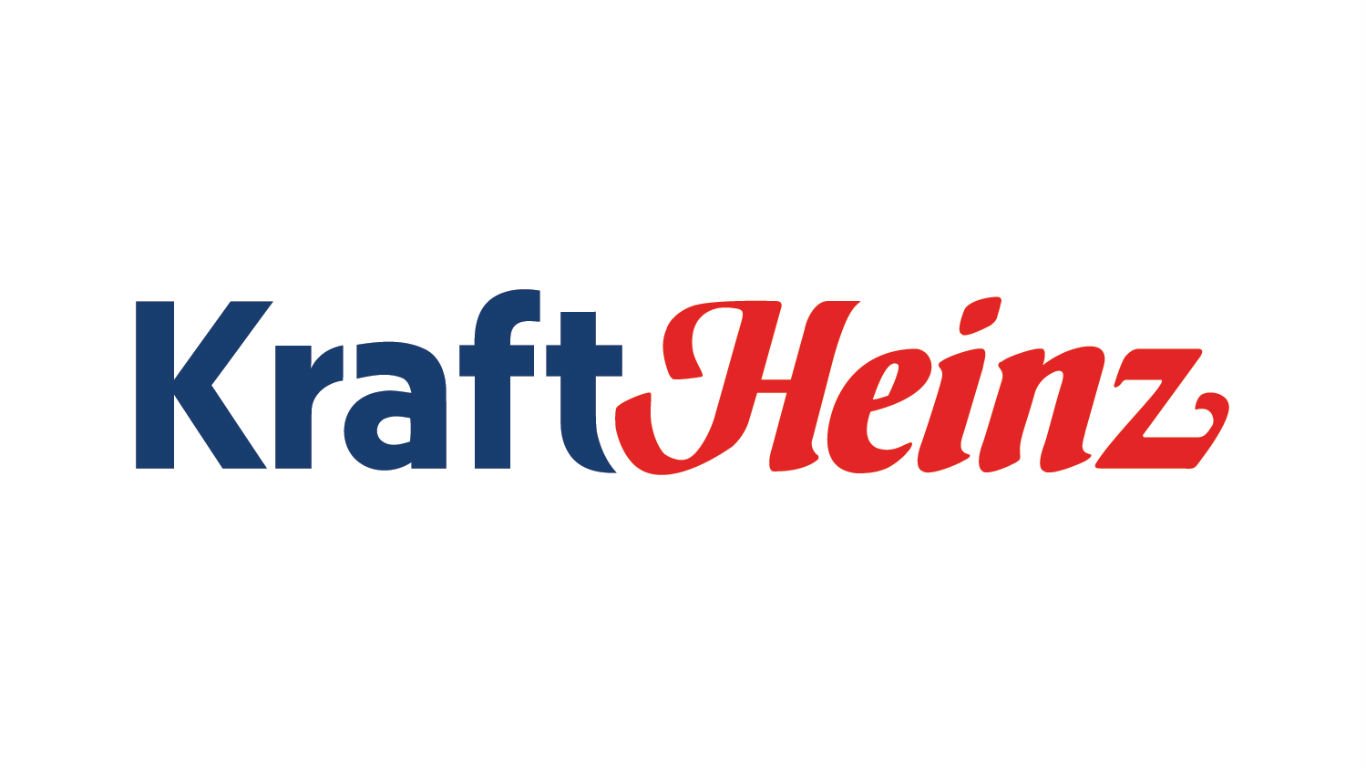Companies and Brands
Why This Solid Bottom Line Beat Isn't Holding Up Kraft Heinz

Published:

When Kraft Heinz Co. (NASDAQ: KHC) reported its second-quarter financial results before the markets opened on Thursday, the packaged foods company said that it had $0.80 in earnings per share (EPS) and $6.65 billion in revenue. The consensus estimates had called for $0.65 in EPS and revenue of $6.54 billion, and the same period of last year reportedly had EPS of $0.78 on $6.41 billion in revenue.
[in-text-ad]
During the latest quarter, net sales increased 3.8% year over year, despite a −2.1% impact from divestitures and an unfavorable 1.5% point impact from currency. Organic Net Sales increased 7.4%, driven by increased retail demand that more than offset lower foodservice-related sales, a result of the COVID-19 pandemic.
Volume/mix grew 5.2% as strong consumer demand in retail, together with a partial recovery in retail inventory levels from the end of the first quarter, more than offset significant declines in foodservice-related sales.
In terms of its segments, Kraft Heinz reported as follows:
One other highlight from this quarter was that Kraft Heinz wrote down the value of four reporting units by roughly $1.8 billion. These include charges at its U.S. and Canadian foodservice businesses, which supply restaurants, cafeterias and such. At the same time, the company took $1.1 billion off the value of Oscar Mayer, Maxwell House and seven other brands.
At the end of the quarter, cash and cash equivalents totaled $2.81 billion, up from $2.28 billion at the end of the previous fiscal year.
Kraft Heinz stock traded down about 4% on Thursday to $34.22, in a 52-week range of $19.99 to $35.87. The consensus price target is $33.47.
A financial advisor can help you understand the advantages and disadvantages of investment properties. Finding a qualified financial advisor doesn’t have to be hard. SmartAsset’s free tool matches you with up to three financial advisors who serve your area, and you can interview your advisor matches at no cost to decide which one is right for you. If you’re ready to find an advisor who can help you achieve your financial goals, get started now.
Investing in real estate can diversify your portfolio. But expanding your horizons may add additional costs. If you’re an investor looking to minimize expenses, consider checking out online brokerages. They often offer low investment fees, helping you maximize your profit.
Thank you for reading! Have some feedback for us?
Contact the 24/7 Wall St. editorial team.